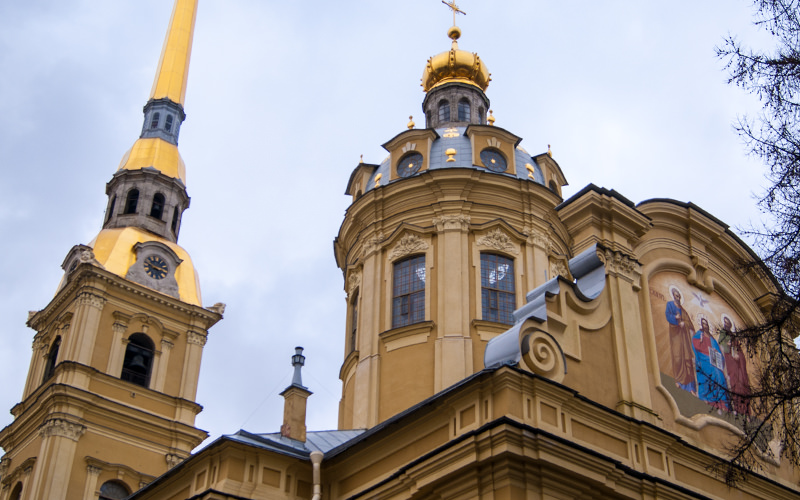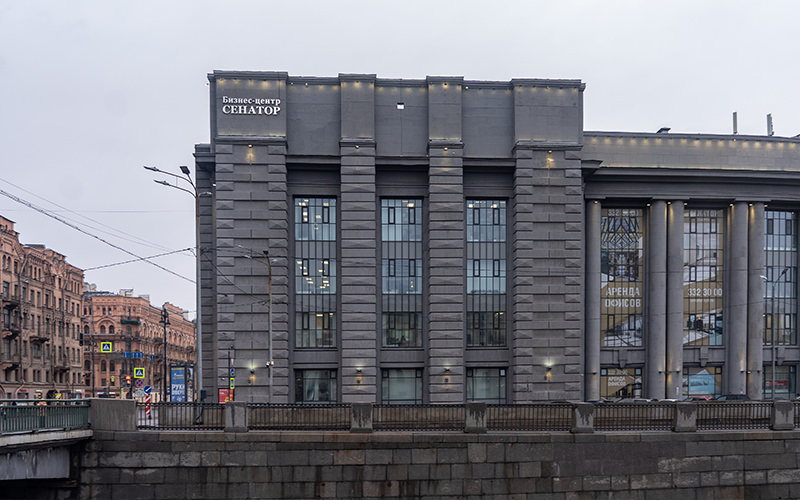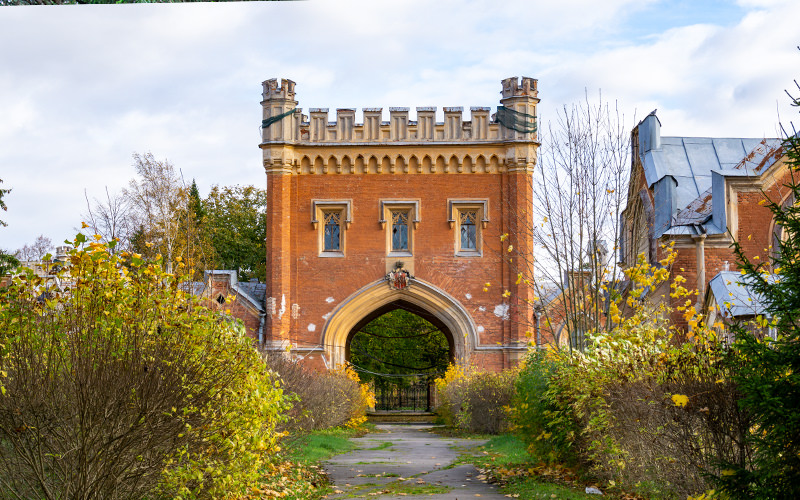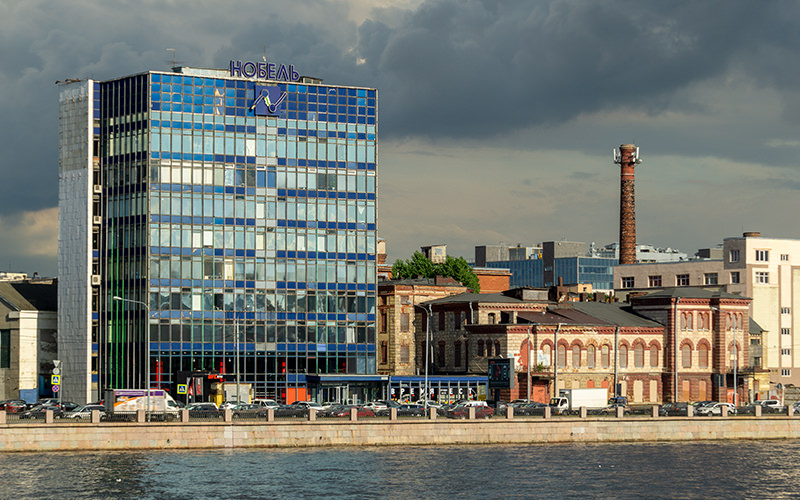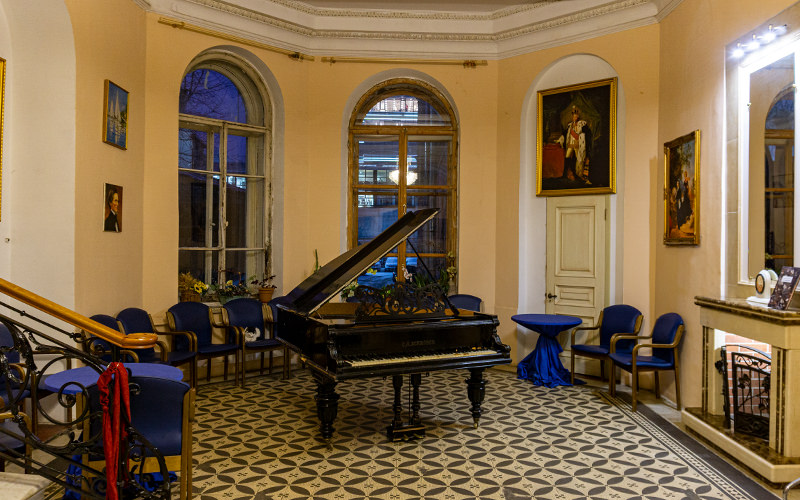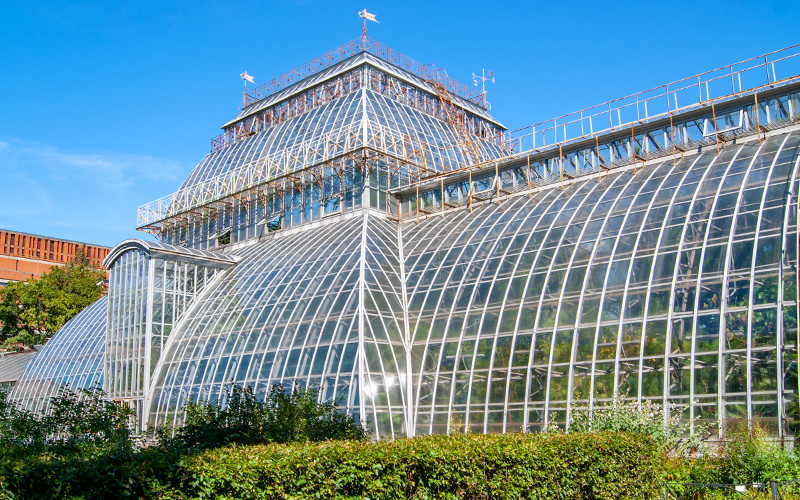We continue our exploration of the history of the "Ludwig Nobel" factory on the Vyborg side of Saint Petersburg. In the previous article, we looked at the semi-destroyed industrial buildings and the mansion by the embankment, and today we will take a walk deeper into the district. Here, along the modern Nobel Alley, stretches the residential complex for the factory workers.
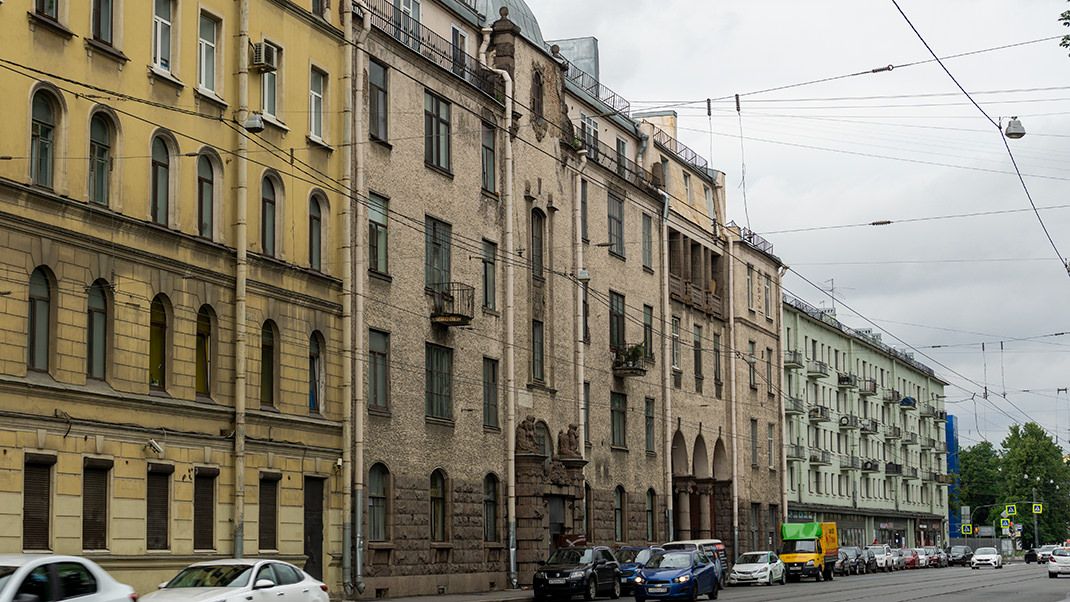
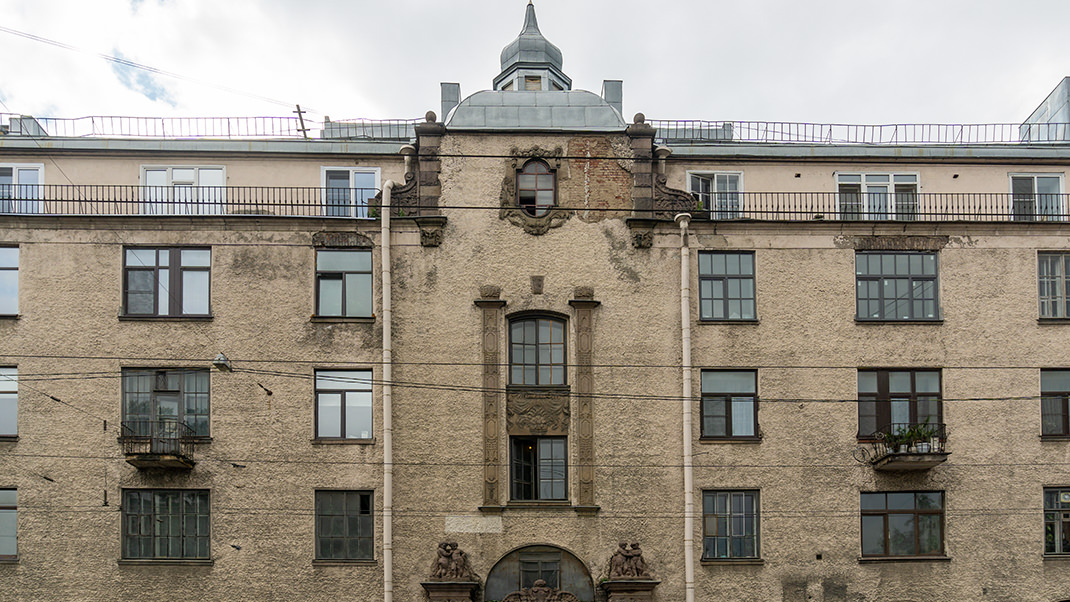
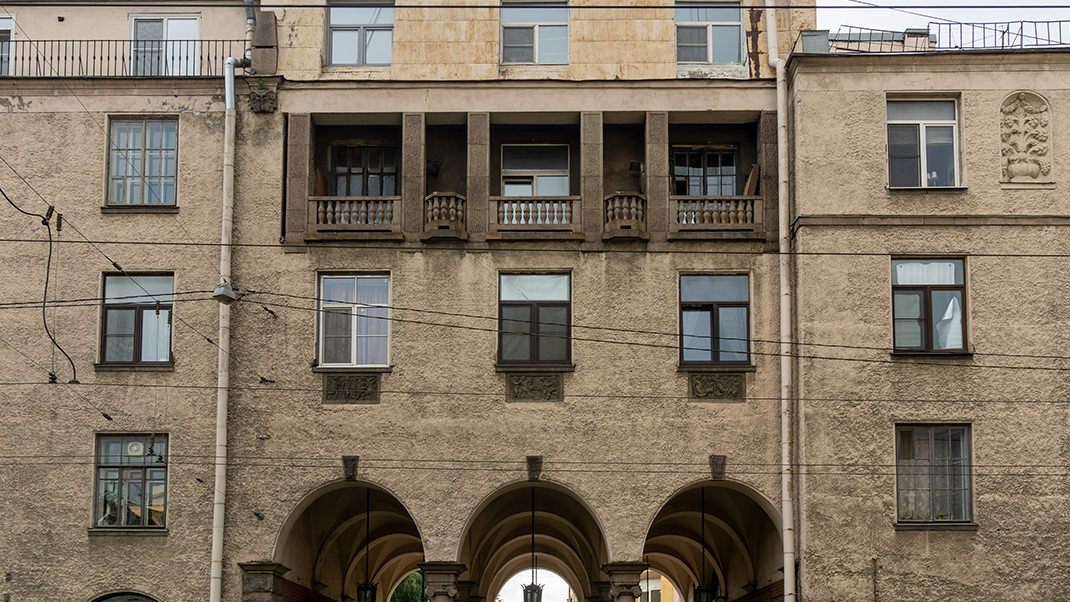
How to Get There by Metro
The "Vyborgskaya" metro station is located just five minutes on foot from here. A little further, approximately 15 minutes away, is the "Ploshchad Lenina" metro station. If you're using a navigation app, you can orient yourself by any of the buildings on Lesnoy Prospect, 20.
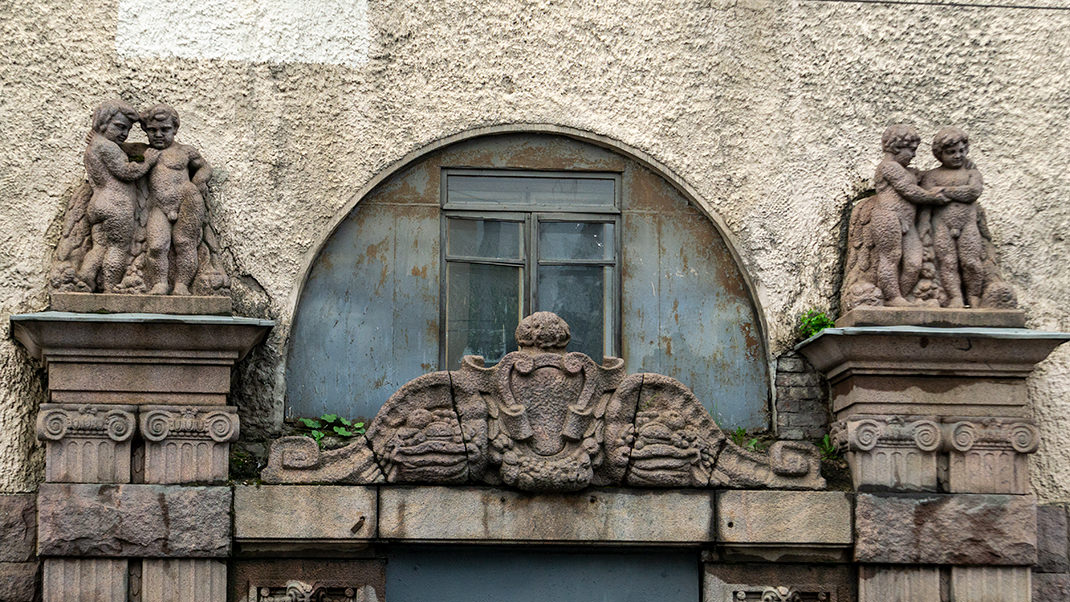
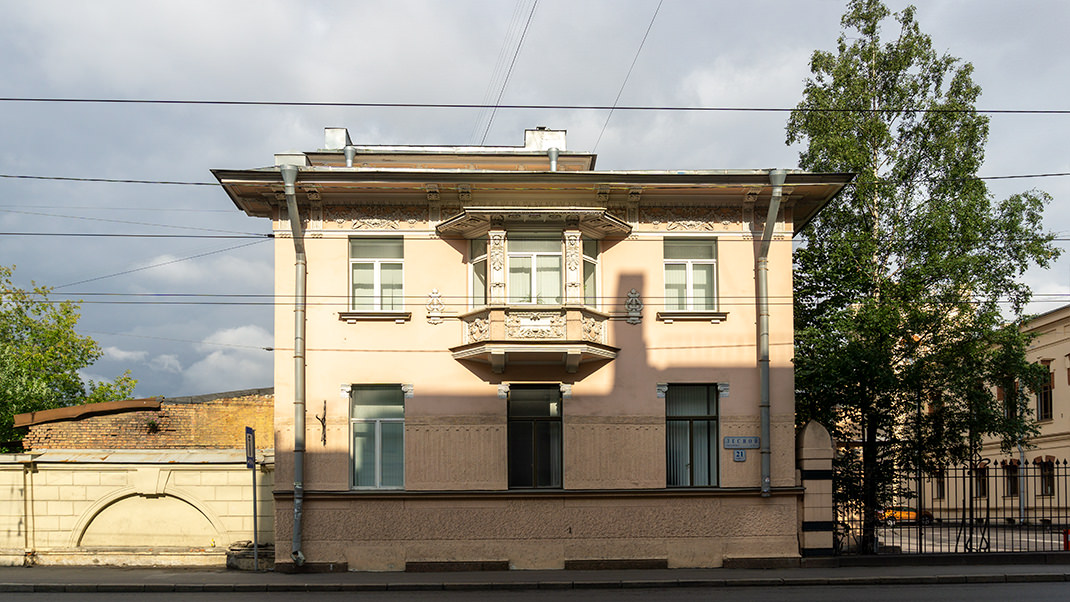
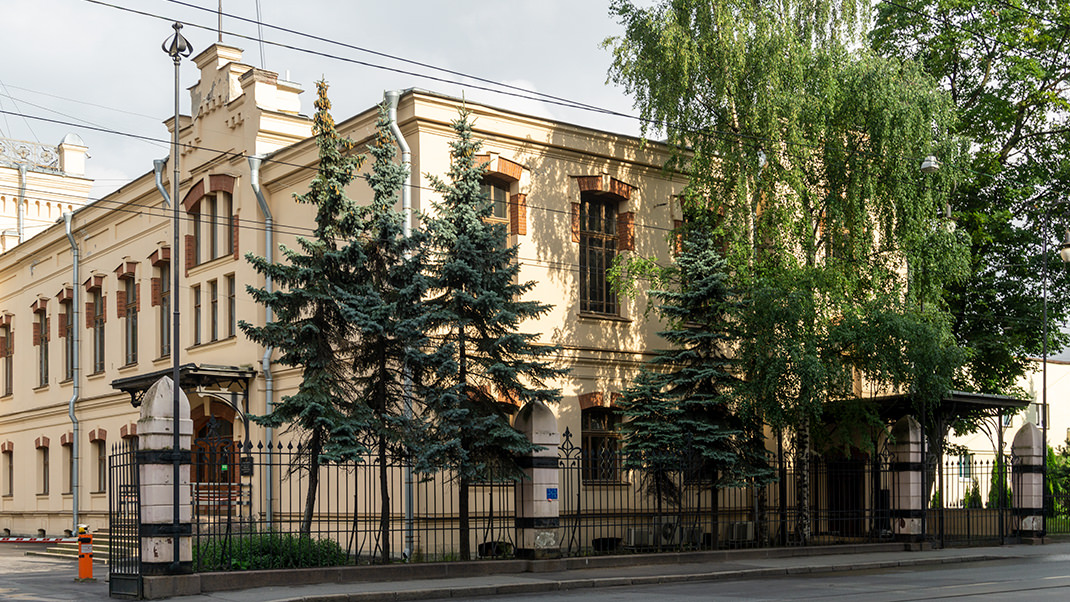
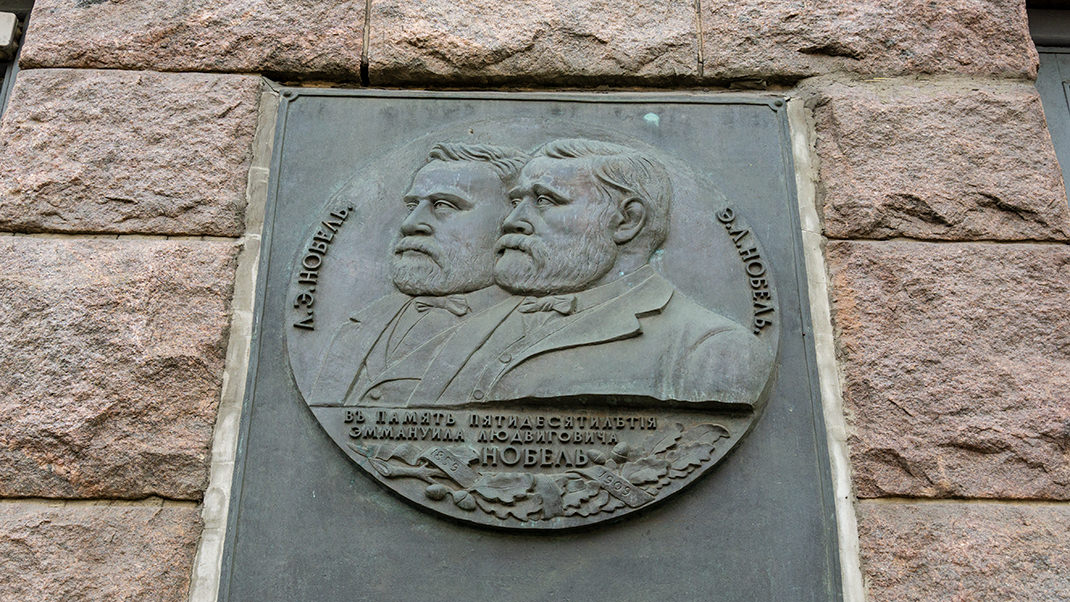
A Bit of History
In the second half of the 19th century, numerous industrial plants appeared on the Vyborg side of the city. Among them was the "Ludwig Nobel" mechanical factory. The enterprise of the Swedish Nobel family became renowned for producing a wide range of military and industrial products. The family, too, gained significant fame through one of its most famous members, Alfred Bernhard Nobel, after whom the Nobel Prize is named.
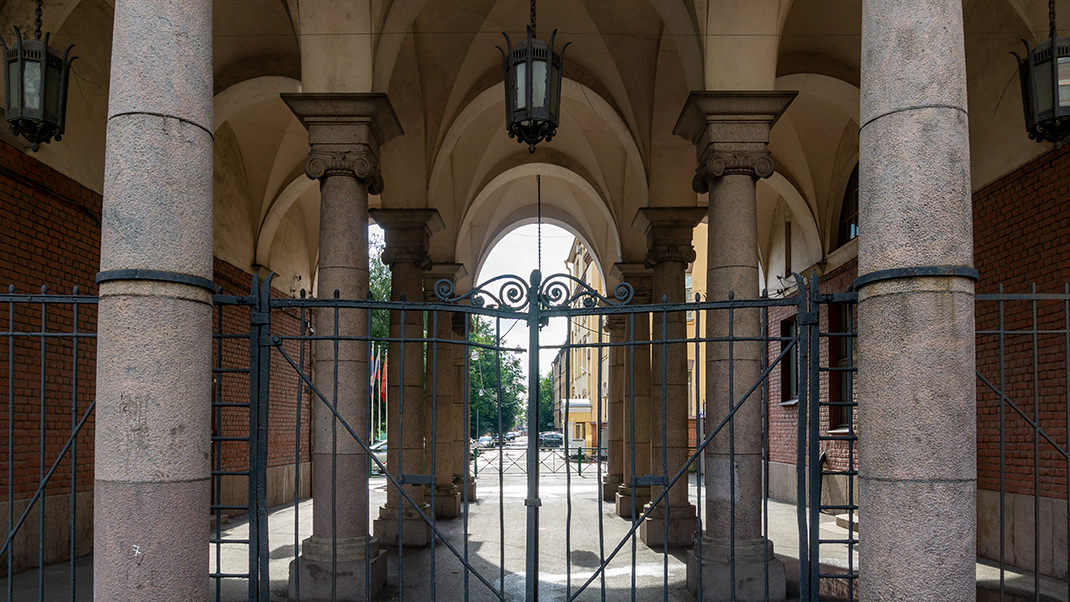
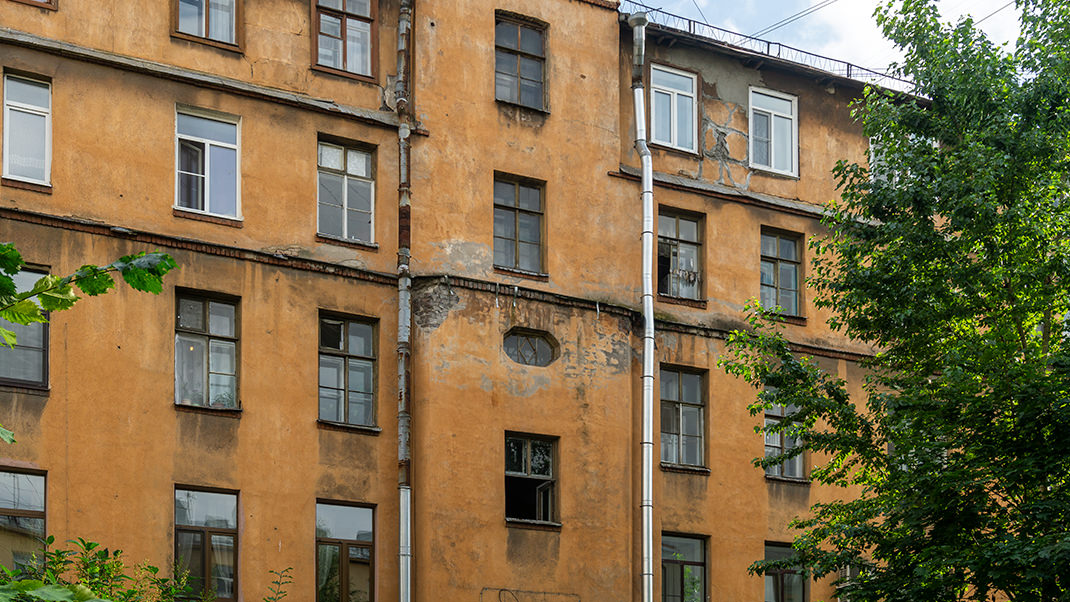
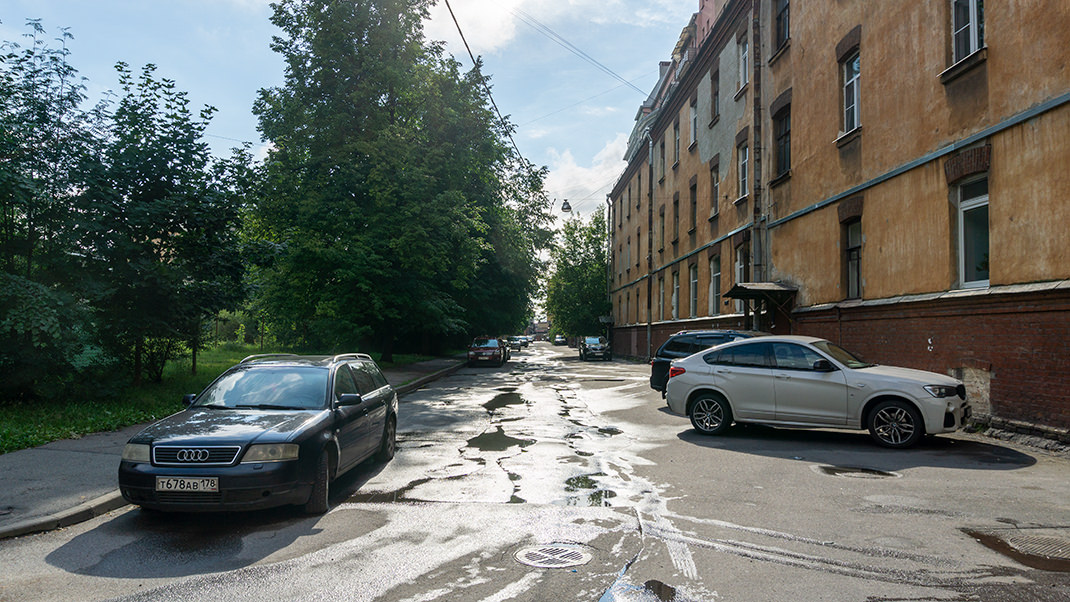
The small town for factory employees was built in close proximity to the industrial buildings. The residential complex stretches between two avenues: Bolshoy Sampsonievsky and Lesnoy. On the other side of Lesnoy Prospect are two more buildings related to the history of the area: the People's House and Emmanuel Nobel's mansion.
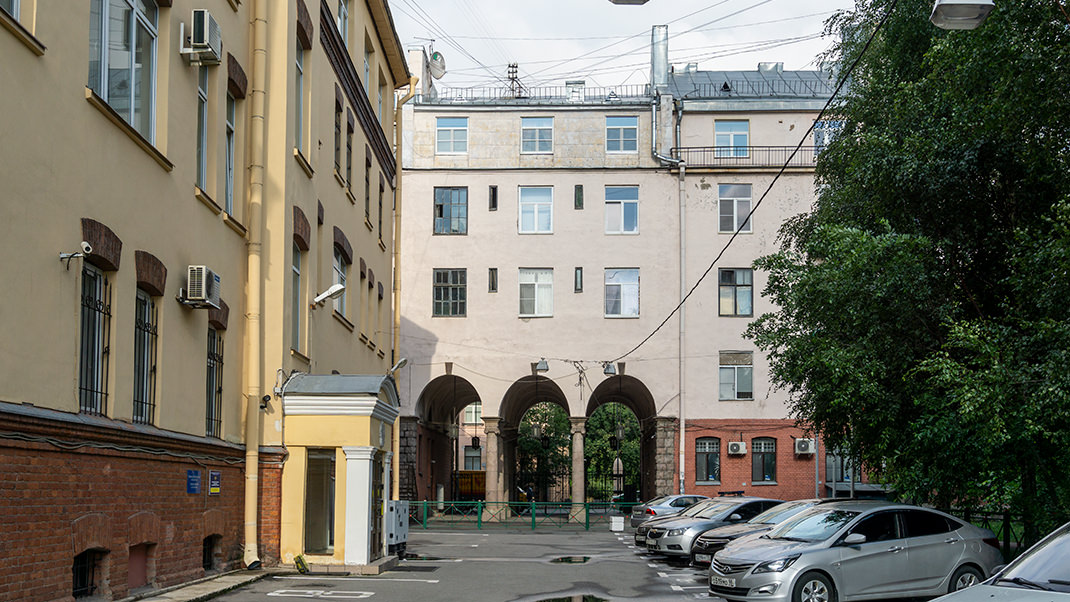
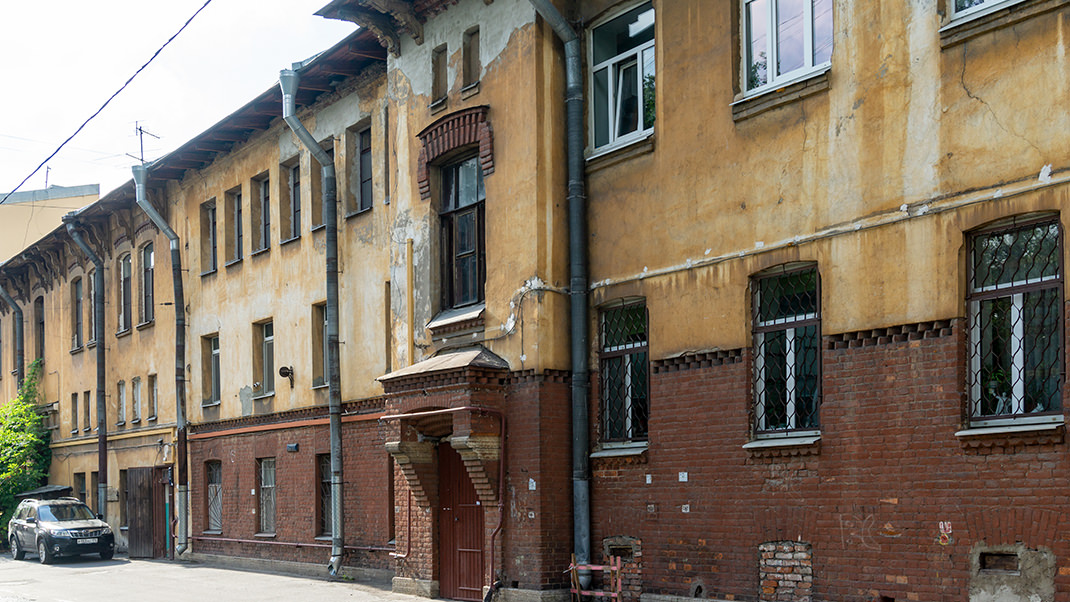
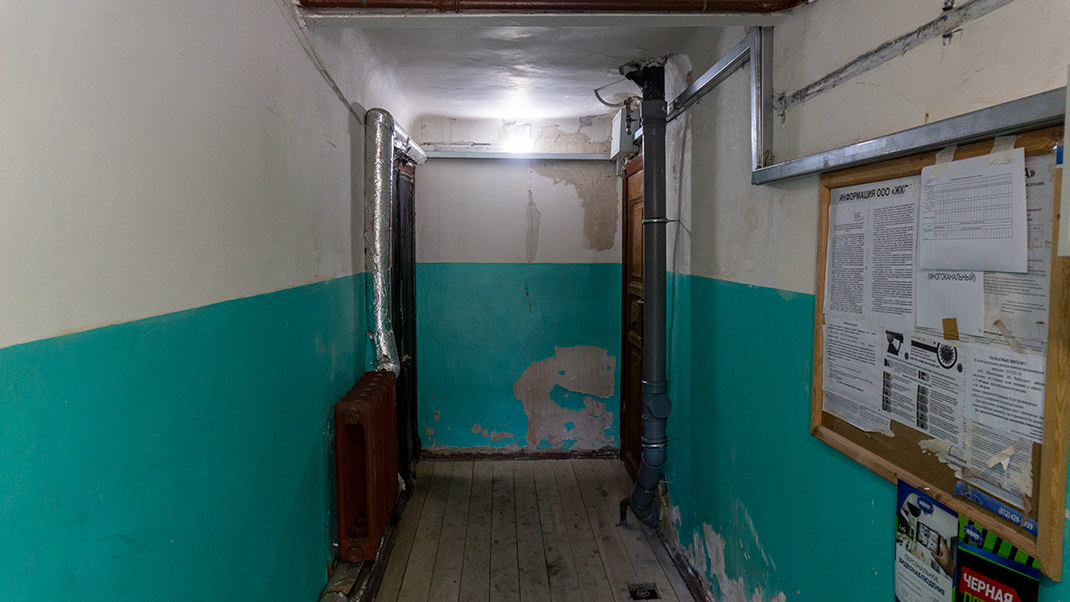
The residential complex was built in several stages. Between 1893 and 1895, buildings 3-5 and 11 were constructed under the design of Viktor Aleksandrovich Shreter, who participated in the creation and reconstruction of many Saint Petersburg buildings. Further construction of the town was led by Roman Fyodorovich (Robert Friedrich) Meltzer, known to us for his work on the Kochubey mansion on Furshtatskaya Street.
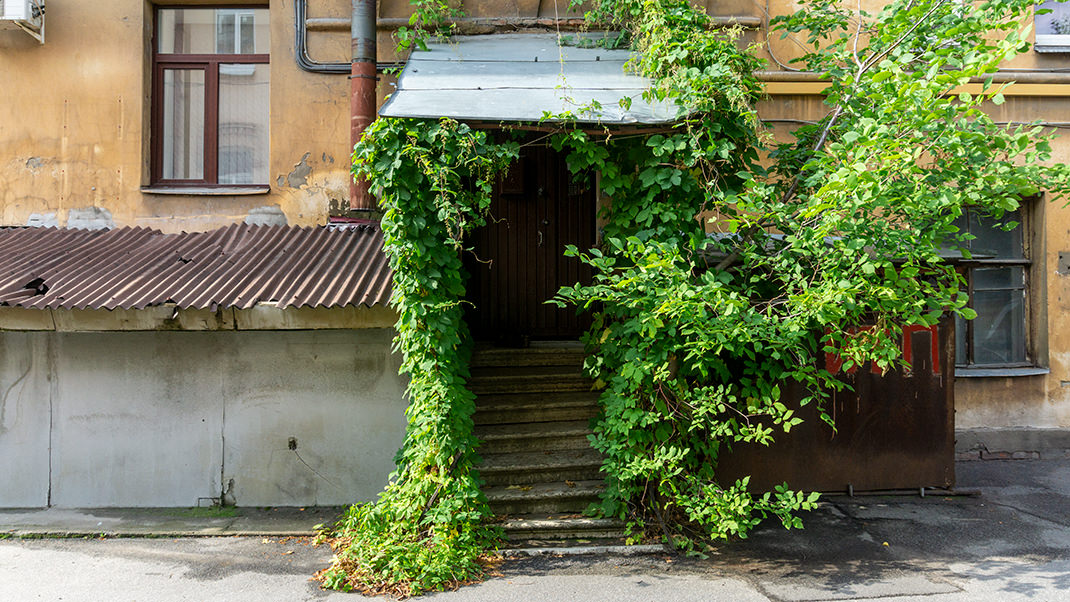
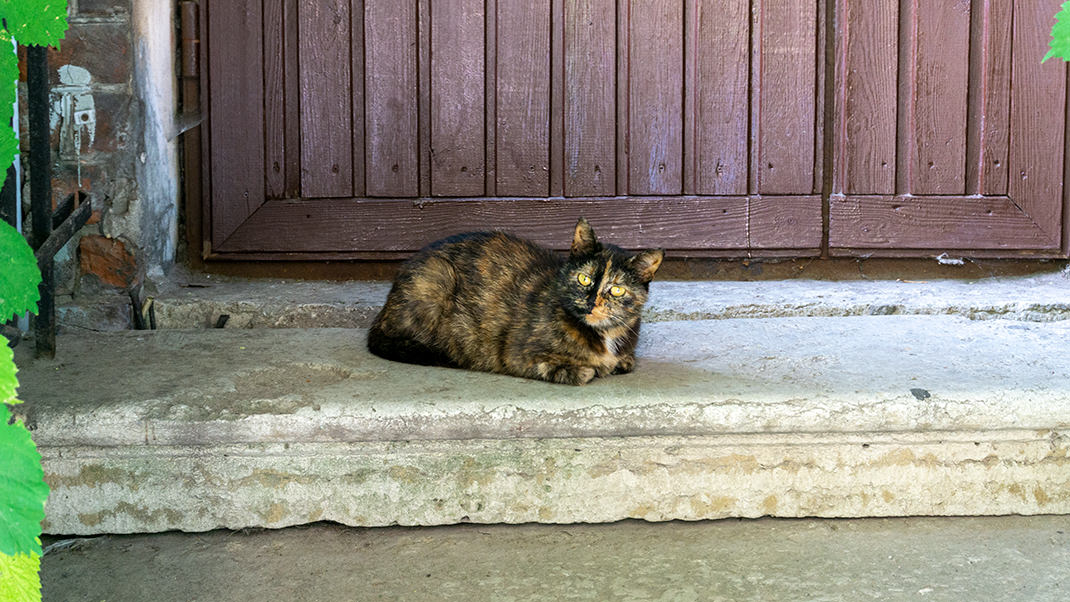
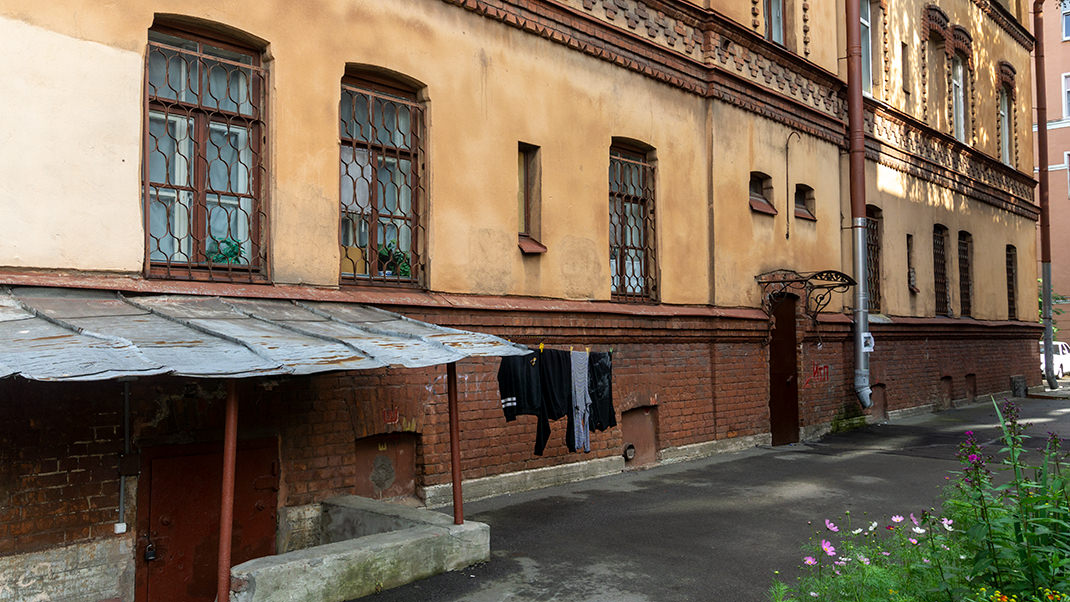
The construction of the town was completed by Fyodor Ivanovich (Johann Friedrich) Lidval. According to his designs, several more buildings were erected, including a rental house on Lesnoy Prospect. This last building is particularly noteworthy. Built in the style of the so-called "northern" Art Nouveau, it dramatically differs from the other houses in the complex with its decorative facade and a two-story arcade.
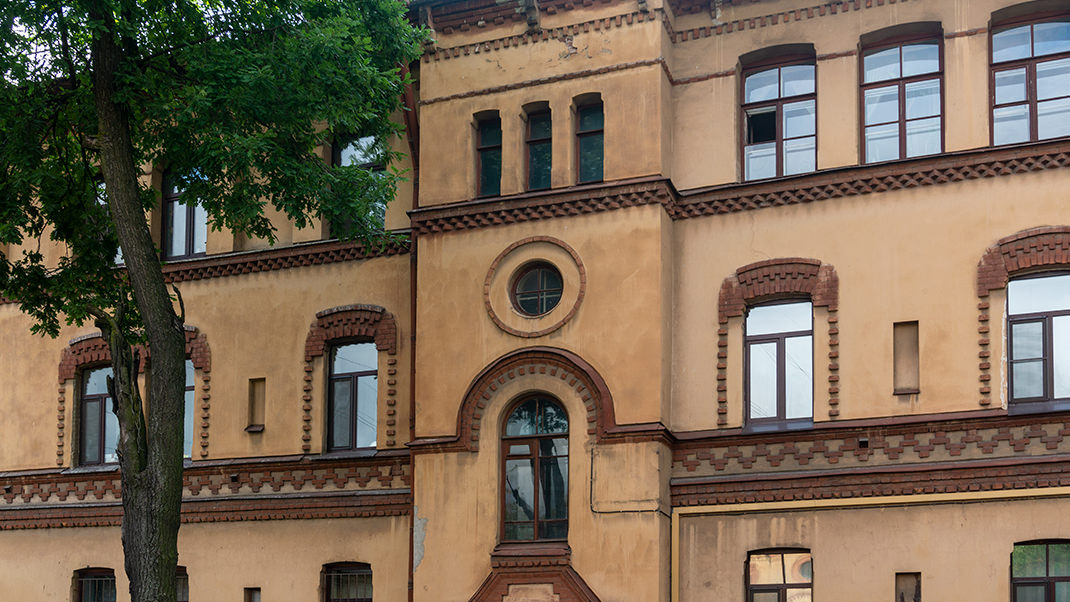
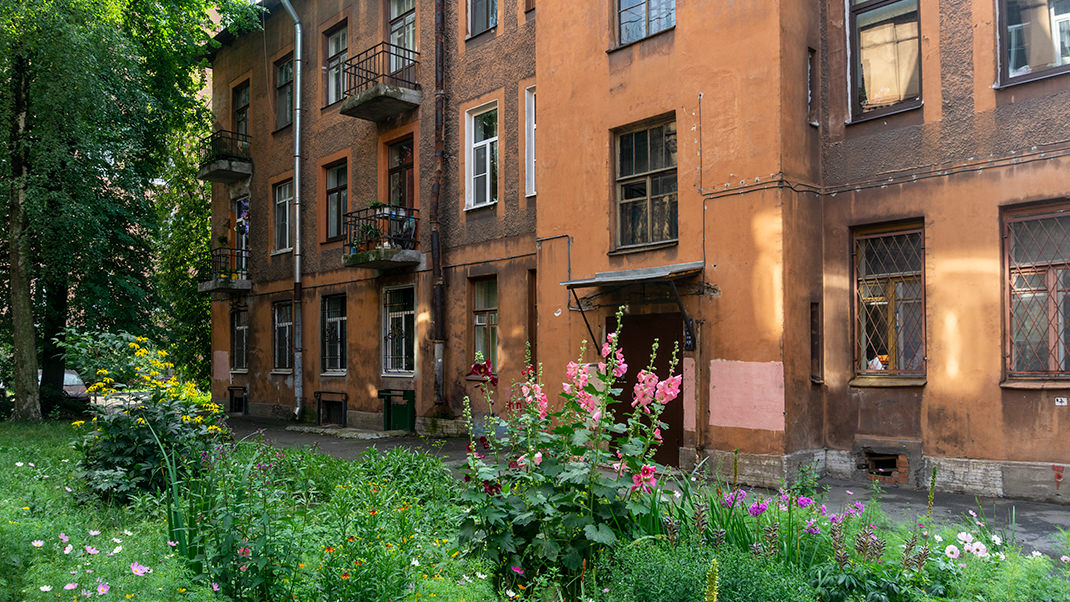
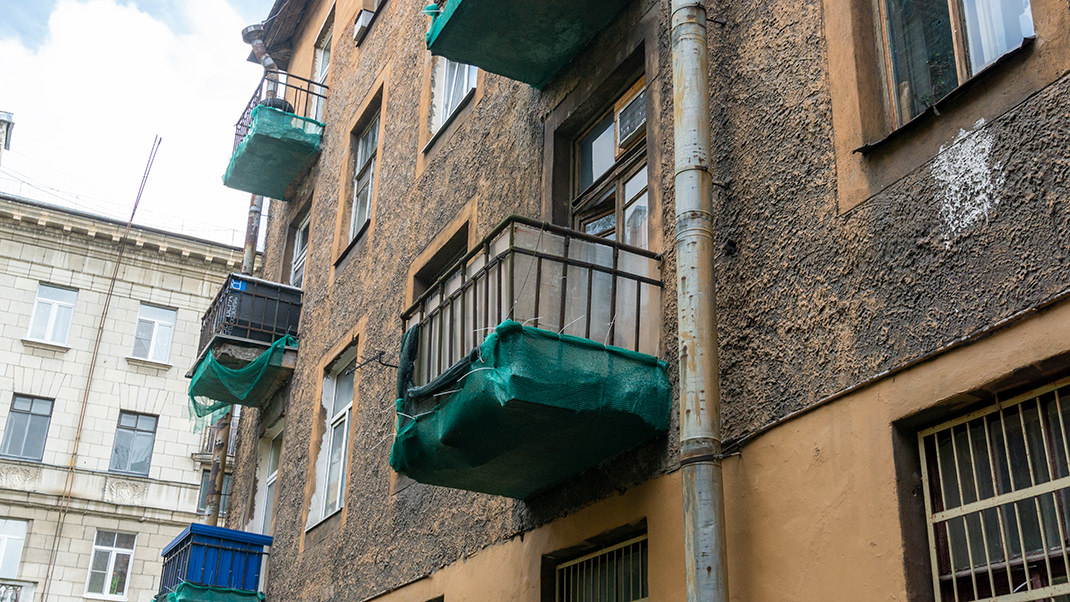
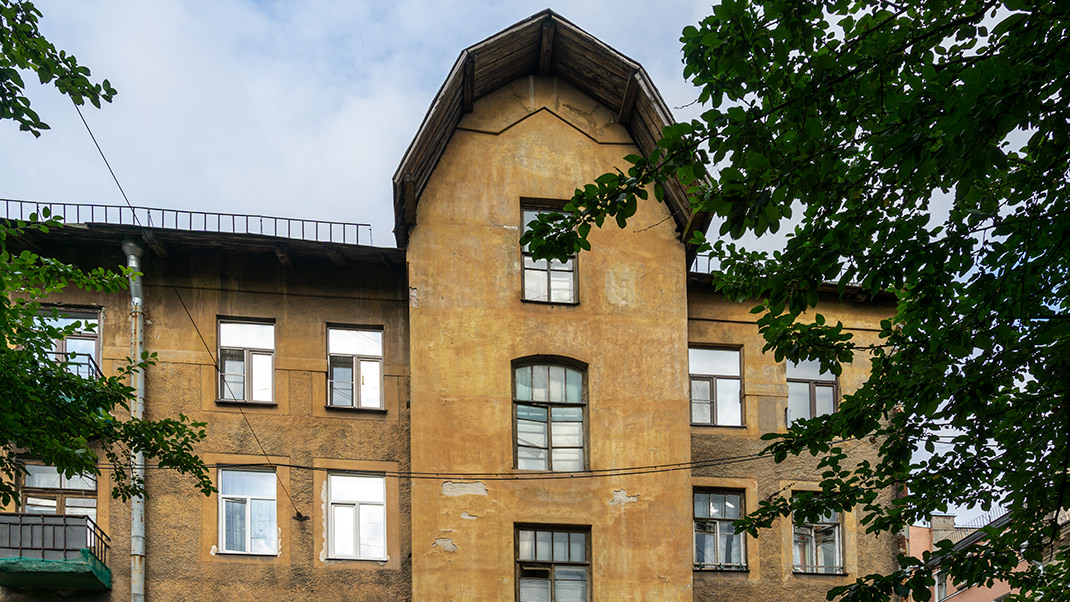
A walk through this neighborhood won't take much time; Nobel Alley is about 400 meters long. By the way, not far from "Vyborgskaya" is another historical building, this time related to the cult rather than the industrial life of the city — the Sampsonievsky Cathedral. You can plan your route to combine a visit to the cathedral with a stroll through the residential town. Enjoy your journey through the history of Saint Petersburg!
In summary:
- An interesting architectural landmark;
- Works by several architects gathered in one place;
- The town is a five-minute walk from the metro.


